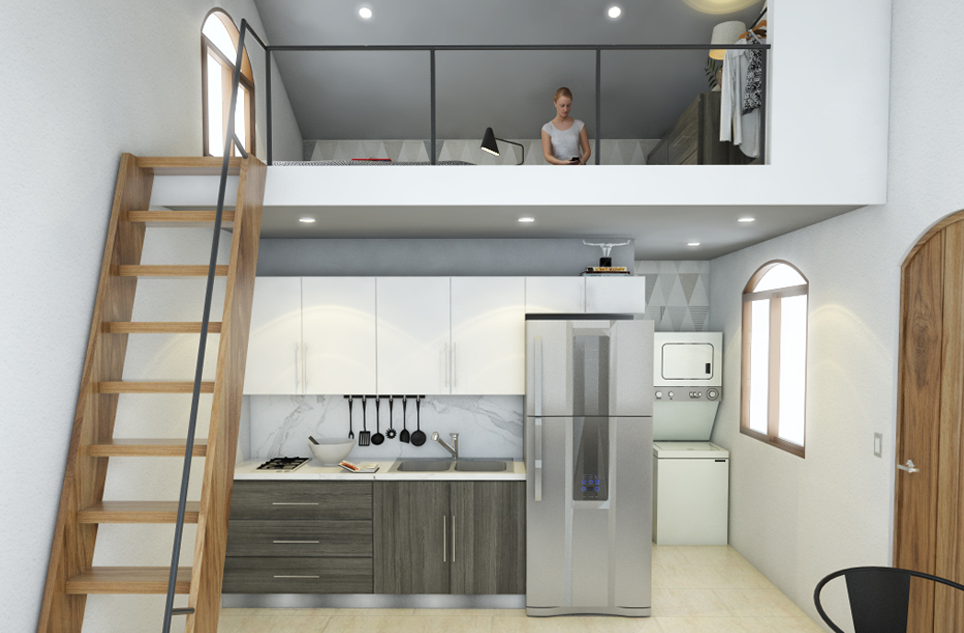Whether you are relocating to Argentina, or just traveling there for a vacation, it is important to understand the Argentine healthcare system. Argentina has three different levels of medical care, and even in the private sector it is quite affordable by North American standards, a consultation with a doctor can range from about $17 USD for a standard office visit to $50 for a specialist. It is important to note that healthcare options are best in larger cities of Buenos Aires, Cordoba, and Mendoza, and quality and availability of treatment in smaller towns and cities may not necessarily be up to par with that of the larger cities.
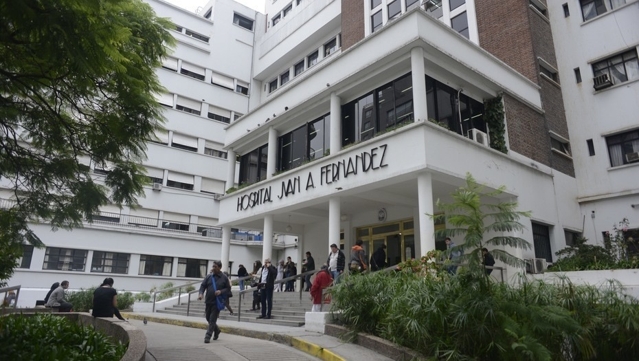 Hospital Juan Fernandez, One of the Largest Public Hospitals in Buenos Aires
Hospital Juan Fernandez, One of the Largest Public Hospitals in Buenos Aires
Private healthcare facilities throughout Argentina are fairly well equipped, while public hospitals are more basic but with well-trained staff. All Argentinian citizens and residents, including foreign workers or tourists, can get medical care free of charge through publicly run medical facilities. While both in-patient and out-patient treatment is free in public medical facilities, you are responsible for your own medications. Emergency care and doctor callout services are free for everyone, including tourists. There is no registration procedure required to use the public healthcare system, you just need to present your identification, though other documentation may be requested at the time of treatment.
Anyone can call for emergency medical services by dialling 107 from a local number or a payphone, without the use of a card or money. Unfortunately, there is no guarantee that the person who answers your call will be able to speak English.
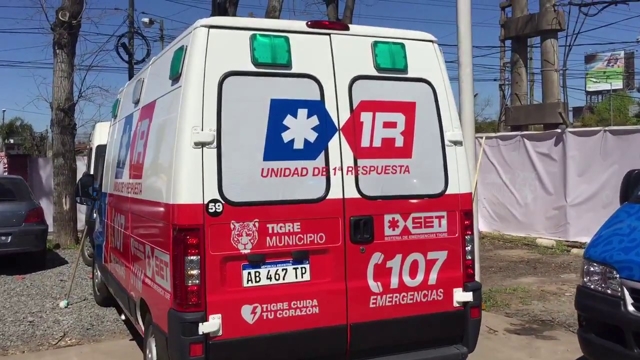 Ambulance in Tigre, a Town just North of Buenos Aires, Argentina
Ambulance in Tigre, a Town just North of Buenos Aires, Argentina
What to Expect from Healthcare System in Argentina
Walk-in clinics are often available at most medical centers, but visits to a doctor should be scheduled beforehand. Depending on the system under which you are covered, you may have the option of choosing your general practitioner. If you are using government-funded healthcare, you will likely be assigned a doctor, but it is possible for you to visit a specialist at a public facility. If you have private insurance, you will be given a list of physicians that you can choose from.
Fun Fact: A law was passed in 2015 that all public hospitals in the Buenos Aires Province (over 70 total) are required to have clowns available on their staff to help cheer up young patients.
Public Medical Sector
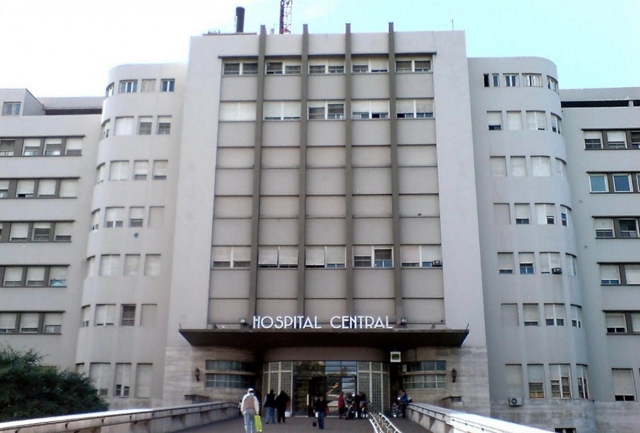 The Facade of the Central Hospital, the Largest in the Mendoza Province
The Facade of the Central Hospital, the Largest in the Mendoza Province
Argentina’s public medical facilities are maintained by the government and funded by taxes. It is a highly decentralized system and is administered at the provincial level. Primary care is often regulated autonomously by each city. Public health funds typically flow from national to provincial to local budgets with little or no strings attached, which leaves the Ministry of Health with little leverages to improve the efficiency or accountability of provincial medical facilities.
All residents in Argentina are entitled to receive health care from public facilities. As such, the public sector acts as reinsurance for the health insurance plans (both social security and private). More than one-third of Argentina’s population has no insurance and relies solely on the public health care system; this is in large part due to the economic crisis that affected Argentina in 2001.
Social Security Sector
The Social Security sector in Argentina is funded and managed by Obras Sociales, umbrella insurance plans for Argentine workers unions, and covers nearly 14 million people in Argentina, which includes employees and their direct dependent family members. Obras Sociales are funded by mandatory payroll contributions of 3% from employees and 6% from employers.
There are over 300 Obras Sociales in Argentina, and each chapter is organized by the occupations of the beneficiary, with quality and effectiveness varying greatly between the organizations. Only workers who are employed in the formal sector are covered under Obras Sociales insurance schemes. Prior to 2000, workers were not able to choose which Obra Social they contributed to and were covered by. This changed in 2000 when National Decree 446/2000 was signed into law, establishing changes to the regulation of Obras Sociales, which allowed for workers to freely choose between Obras Sociales administered by different workers union.
Private Sector
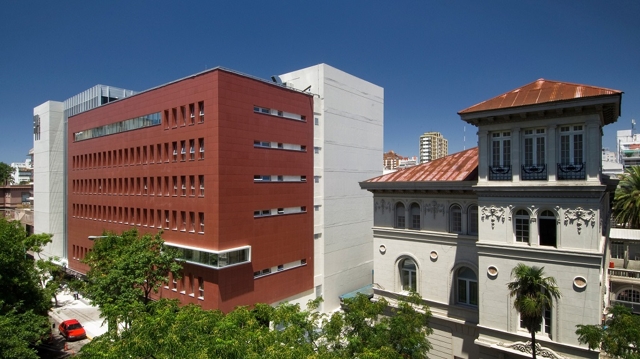 A View of Hospital Italiano, One of the Private Hospitals in Buenos Aires
A View of Hospital Italiano, One of the Private Hospitals in Buenos Aires
The private healthcare industry in Argentina is funded primarily by voluntary insurance programs. The amount that you pay for these programs varies from one provider to another, and both international and local programs are available. It is important to note that if you opt for local coverage, it is only valid within the boundaries of the city you are in, and if you go elsewhere in the country, the insurance policy will no longer be valid. Nearly six million individuals in Argentina are covered by private insurance.
Nearly two-thirds of these individuals are also covered by Obras Sociales but choose to purchase private supplemental insurance. As in many countries, private healthcare services in Argentina are of a higher quality and have shorter waiting lines, due to the fact that patients are responsible for 100% of the costs. If you have a private insurance plan, the monthly premiums paid will only offer you a discount on the cost of your medical care. If you elect not to have insurance and you visit a private healthcare facility, you will need to present your passport when you check into the facility.


